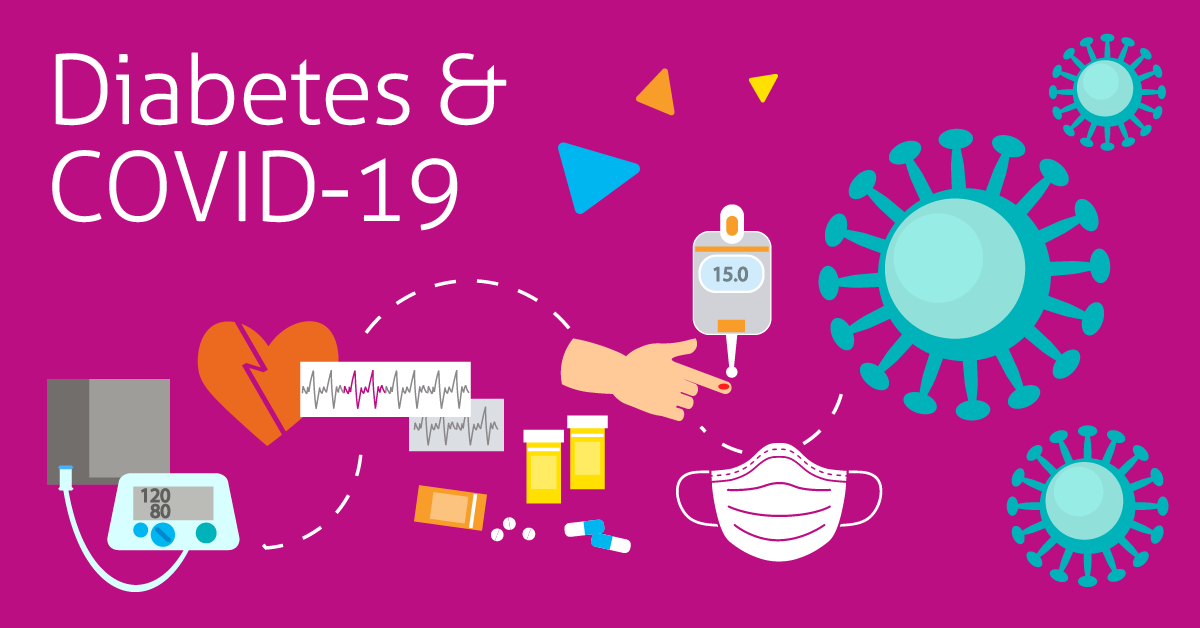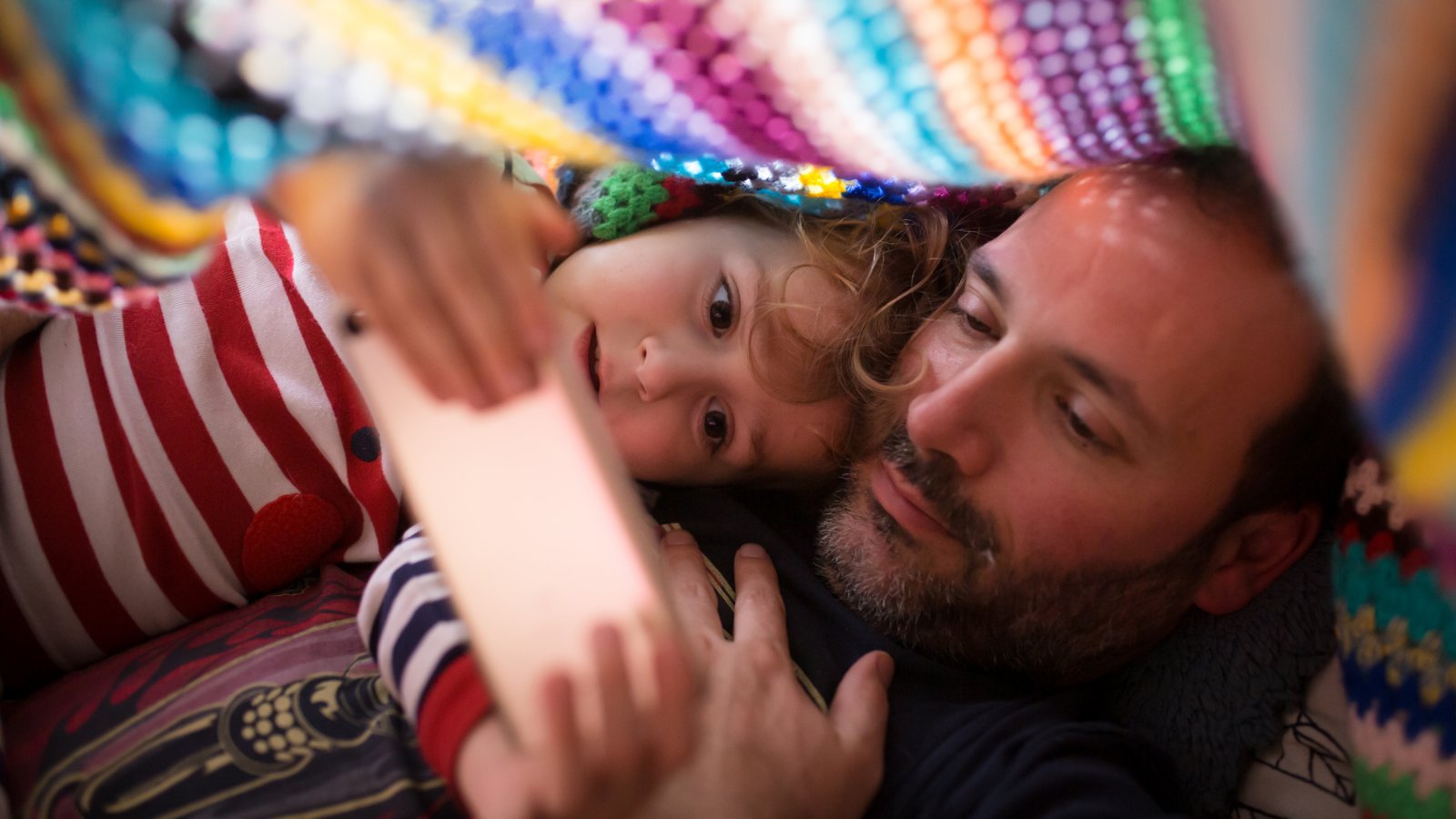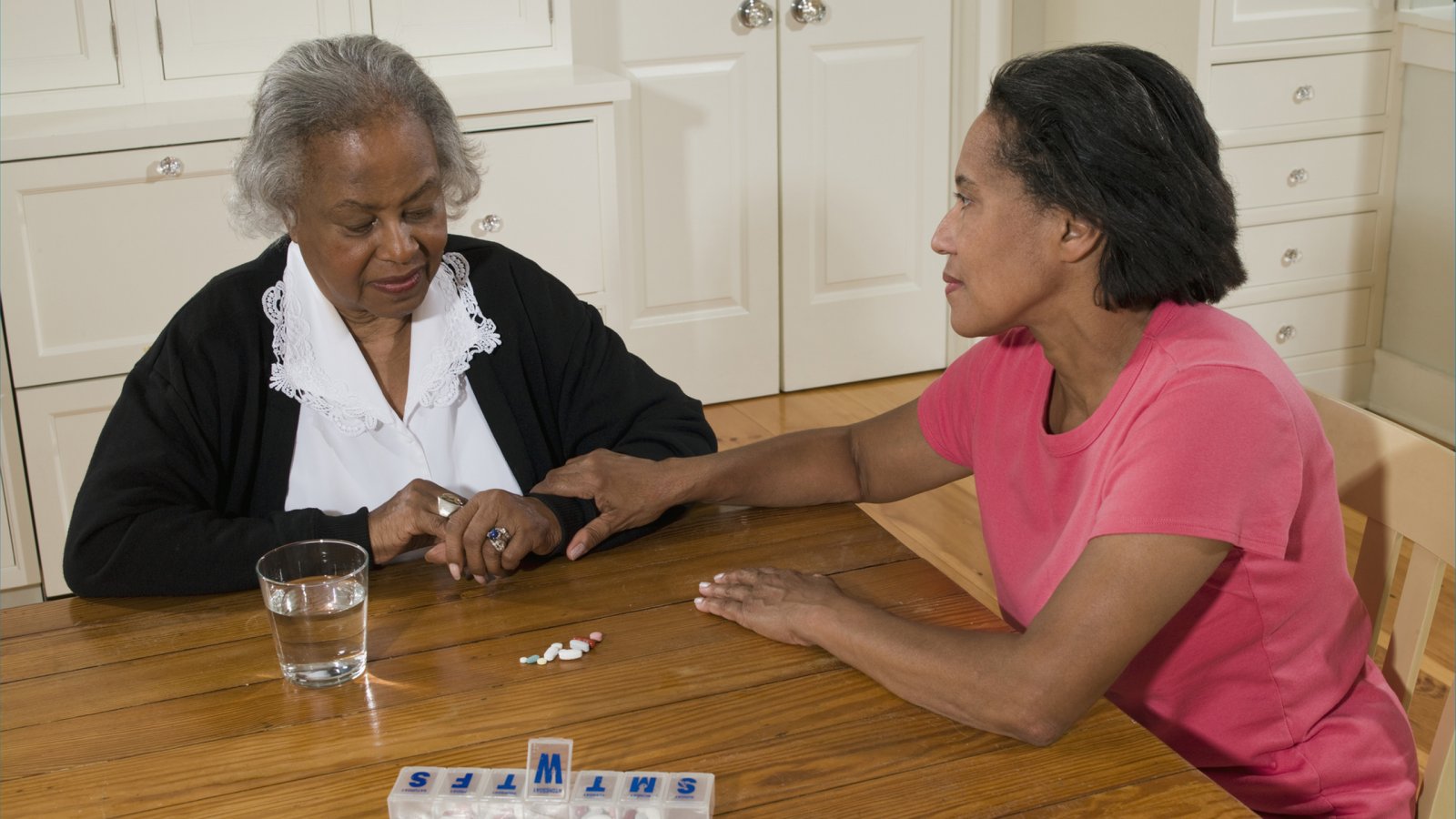
6 ways to reduce your chance of getting COVID-19 if you have diabetes
We all need to be cautious as COVID-19 continues to spread across the United States. However, people with type 1 or type 2 diabetes need to be extra careful. According…
Read More
We all need to be cautious as COVID-19 continues to spread across the United States. However, people with type 1 or type 2 diabetes need to be extra careful. According…
Read More
The Child and Adolescent Needs and Strengths (CANS) assessment is a multi-purpose tool developed for children’s services to support decision making, including level of care and service planning, to facilitate…
Read More
For November National Family Caregivers Month, we are pleased to share our e-interview with Pat Hunt, executive director of the Family Run Executive Director Leadership Association FREDLA, on family support organizations…
Read More
Depression is a disease. It’s caused by changes in chemicals in the brain that are called neurotransmitters. Depression isn’t a character flaw, and it doesn’t mean you are bad or…
Read More
Mental health is an important part of our overall health and well-being. While mental illness is incredibly common, two-thirds of Americans do not actively seek help or receive the proper…
Read More
Untreated mental illness costs the United States up to $300 billion every year.[1] It is the leading cause of disability and the third most expensive medical condition in terms of…
Read More
The U.S. Preventive Services Task Force recommends that all people, starting at age 12, be screened for depression. Screening for depression helps find depression early. And early treatment may help…
Read More
This month we are sharing an earlier Thought Leaders interview with Patricia Smith about compassion fatigue, given the significant impact COVID-19 continues to have on caregivers across the spectrum, from…
Read More